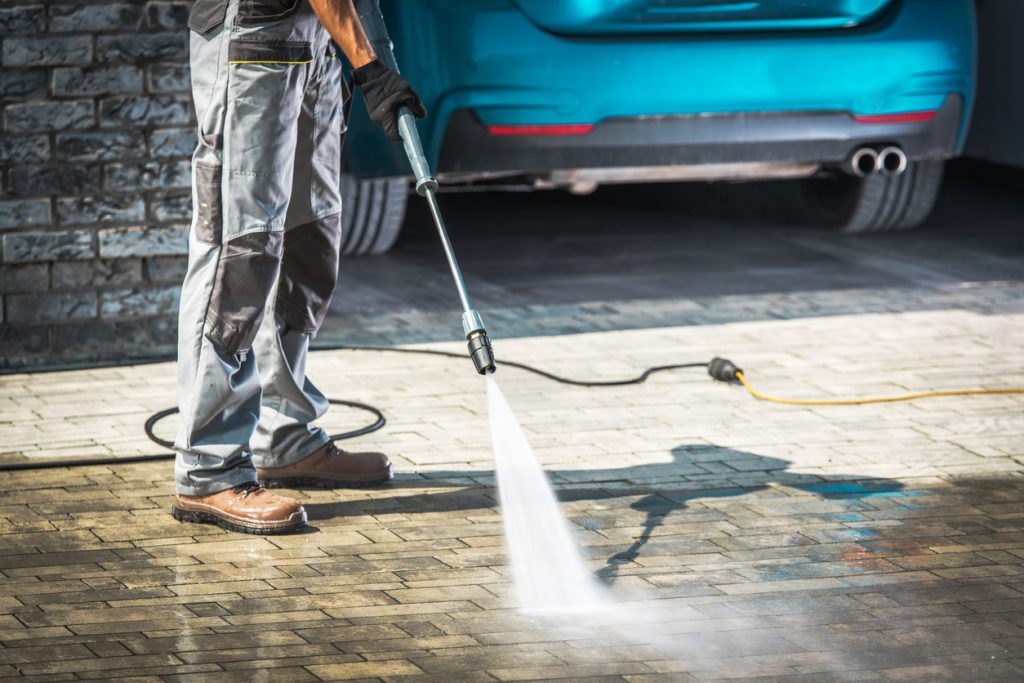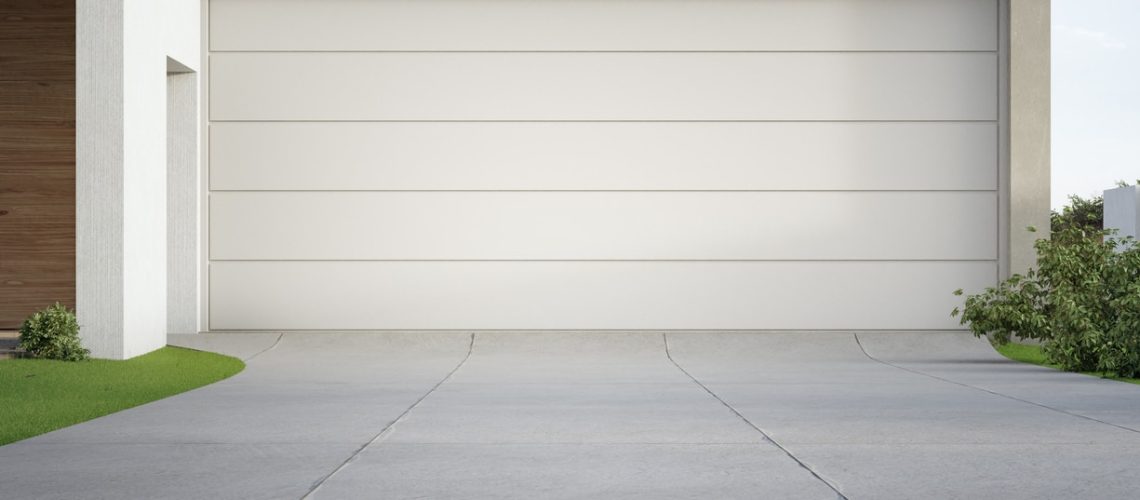Concrete is a fascinating building material. Of course, it is easy to assume that it has been around forever with the frequency of its use. Concrete is everywhere, from concrete driveways to structural pillars and much more. However, concrete is actually a relatively recent innovation. Of course, compared to traditional building materials, concrete far outshines them in terms of cost, longevity, and ease of installation.
Although, certain aspects of concrete must bear consideration, and one of those considerations is how weather and temperature changes can affect it.
How Temperature Affects Concrete Driveways
Perhaps you’ve noticed during a walk, that concrete tends to show cracks, dips, or distortions. Likely, you’ve noticed the correlation in the age of concrete and the likelihood that it will exhibit these symptoms. There is a reason for this.

The reason is chiefly due to the porous nature of concrete. Which functions as both a blessing and a curse. One of the reasons that concrete has become such a mainstay in our lives is because the porousness of the concrete enables a significant amount of compressive strength, which allows it to bear substantial weight without breaking. However, this also means that water and other minute material can penetrate deep into the concrete.
Luckily, the porous nature of concrete is limited after the concrete is sufficiently cured, a process that typically takes upwards of 30 days. However, it will remain slightly porous and malleable, which causes changes in temperature to have an adverse effect on poured concrete. When it is cold, the concrete will shrink as though trying to ward off the cold. Conversely, when it is hot, the concrete will expand and spread out within its confines.
Ordinarily, this expansion and contraction is accounted for during the building phase, and normal temperature changes will not have a damaging effect on the concrete. However, if there are frequent changes in the temperature, such as those characterized by the changing seasons, spring and fall, the concrete may not be able to handle the rapid changes.
This is when you begin to see cracks or changes to the surface of the concrete, and your concrete driveway is not immune to these changes. Unfortunately, it is merely a product of time that causes these changes, but the ease of working with this material makes a fix relatively easy. Therefore, the answer to the question “can hot weather damage your concrete driveway” is yes. Of course, as you’ve just learned, it isn’t solely the responsibility of hot weather, but a rapid change in the overall temperature that will cause the changes.
How to Fix Your Concrete Driveway
If this occurs on your concrete driveway, don’t be concerned. Simply contact a concrete contractor and inform them of the damages, and they will be able to quote you a repair estimate.
Apex Concrete is ready to take your outdoor space to the next level. As a professional concrete company in Calgary, we know how to customize our services to suit your style and taste. All year round, Apex Concrete is here to help you. Call us today at 403-333-6633.



